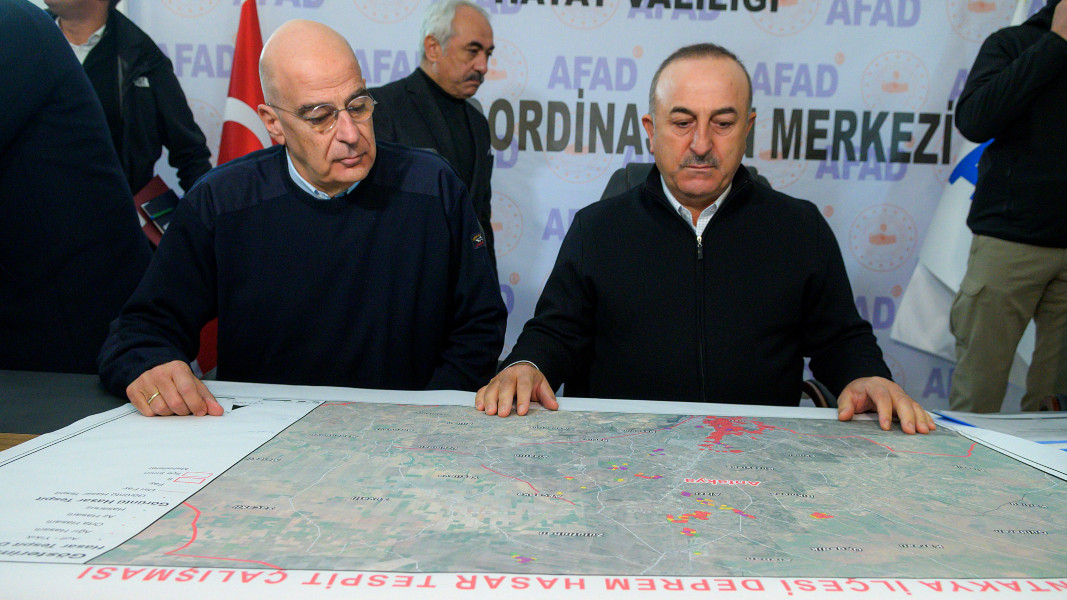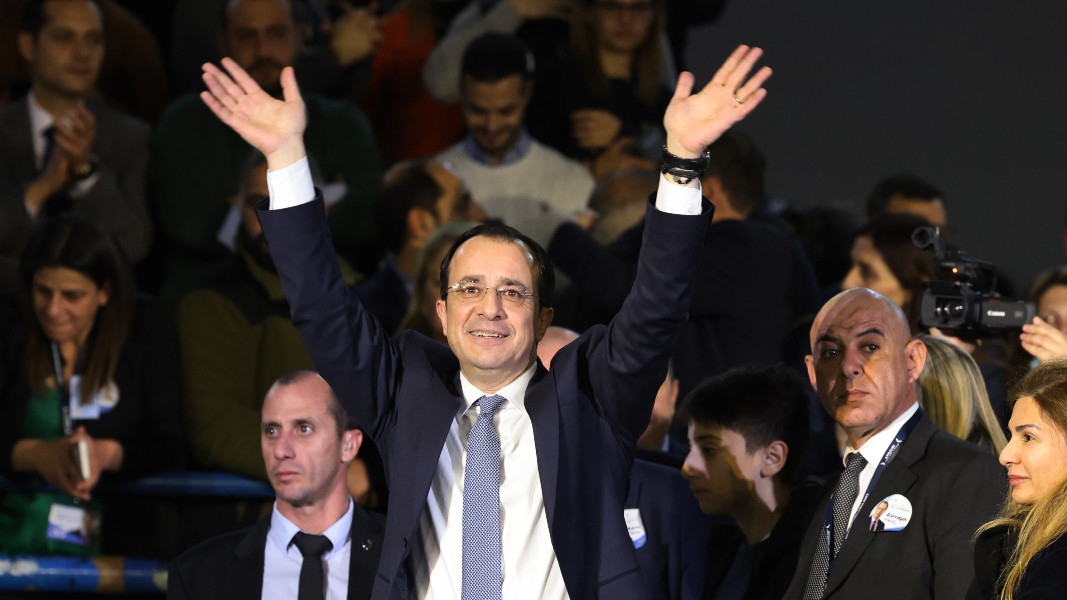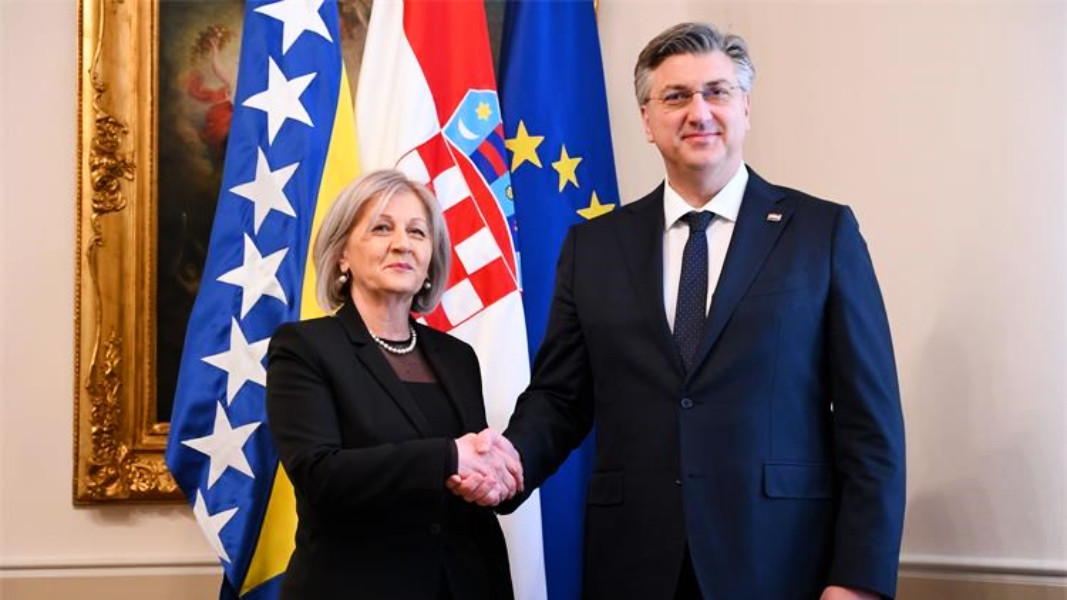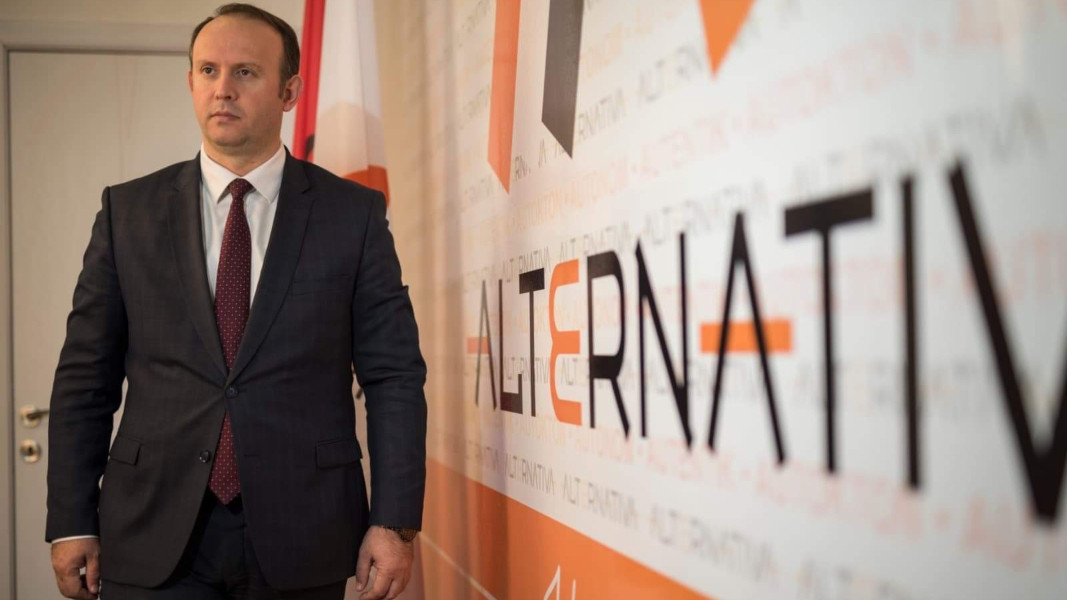Earthquake diplomacy warms Turkiye‘s ties with Greece and Armenia

Greek foreign minister Nikos Dendias has visited the earthquake-stricken areas of Turkiye, accompanied by his Turkish counterpart, Mevlut Cavusoglu. Nikos Dendias‘ visit was part of a new round of so-called “earthquake diplomacy” between the two countries whose relations have often been frosty. Something similar happened in 1999, the Associated Press said. “The Greek effort will not stop here,” Mr Dendias said. “Greece will do everything to support Turkiye, either bilaterally or as a member of the European Union”, said Nikos Dendias. For his part, Mevlut Cavusoglu thanked the Greek rescuers for their “superhuman efforts”. “Good neighbourly relations show in those difficult days”, Mevlut Cavusoglu went on to say. Armenia's Minister of Foreign Affairs Ararat Mirzoyan also visited Turkiye. following the opening of the Armenia-Turkiye border for the first time in many years, reports Habertürk.
Nikos Christodoulides elected President of Cyprus

Resolving the Cyprus issue, which has troubled the divided island for almost half a century now, will be the top priority of the newly elected President of the Republic of Cyprus Nikos Christodoulides. "Cyprus cannot be the last fragmented country in the EU," he said in Nicosia as he was declared the winner of the election, reports the Cyprus News Agency (CNA). The 49-year-old former Minister of Foreign Affairs ran in the elections as an independent candidate supported by a broad spectrum of political forces. His main opponent Andreas Mavroyiannis backed by the left-wing party AKEL (Progressive Party of Working People), won just over 48.1%. Christodoulides takes office on March 1. On 23 February, he will meet with the President of Northern Cyprus Ersin Tatar at the residence of Colin William Stewart, Special Representative and Head of the United Nations Peacekeeping Force in Cyprus.
Croatia will not build fences and walls on the border with Bosnia and Herzegovina

Prime Minister Andrej Plenković received the Chairwoman of the Council of Ministers of Bosnia and Herzegovina, Borjana Krišto, in Zagreb. Andrej Plenković and Borjana Krišto announced after the meeting that they will not build fences on the border between the two countries, Croatian national television HRT reported.“We want our cooperation regarding the control of illegal migration to be improved. The Croatian Government’s political position is that we neither want nor will build physical barriers at the borders. That is our firm commitment”, said Andrej Plenković. Borjana Krišto thanked Croatia for its support to Bosnia and Herzegovina on the European and NATO path. The two leaders announced that a joint meeting of the governments of the two countries will be organised in Zagreb in June.
Alternativa party leaves North Macedonia’s ruling coalition

Alternativa party, which represents the Albanian minority in North Macedonia, decided to leave North Macedonia's ruling coalition and become part of the opposition, the party‘s chairman Afrim Gashi said in Tetovo. Alternativa party maintains its pro-European orientation and will support the country's European integration processes. There is no doubt that the party will vote for the constitutional changes, Gashi said. Alternativa became a coalition partner of the Social Democratic Union of Macedonia (SDSM) when Zoran Zaev was Prime Minister and later remained in the government headed by Dimitar Kovacevski. The prime minister of North Macedonia dismissed the three ministers from Alternativa party, the BTA reports.
EC forecast: Romania will be among the fastest-growing European economies

Romania’s GDP will increase by 2.5% this year (from +4.5% in 2022), according to the latest forecast issued by the European Commission on February 13. This is 0.7pp above the previous round of projections from the EC and not far from the official 2.8% growth projected under the scenario used by the Government for budget planning – making the country the third fastest-growing economy in the Union after Ireland and Malta, romania-insider.com said. According to the report, the implementation of the Recovery and Resilience Plan will contribute to large investments and will be the main driver of growth. Private consumption, although negatively affected by high inflation, is projected to grow due to increases in the minimum wage, pensions, and public sector wages, as well as the extension of the energy price cap until 2025. Average annual inflation is projected at 9.7% for 2023 before slowing down to 5.5% in 2024, romania-insider.com further wrote.
English version: Kostadin Atanasov
Bulgaria celebrates National Reading Day on the third Friday of November. The Reading Foundation is leading the initiative under the motto: “Read. For Real”. According to the OECD's PISA 2022 study, 53% of 15-year-old students in Bulgaria have..
On November 21–22, 2025, the 11th edition of the Career Fair will take place at the John Atanasov Hall in Sofia Tech Park. The forum aims to support early career orientation for young people in Bulgaria and is organized by the Bulgarian Global..
From fear and doubts to joy and support – Bulgarians react differently to the upcoming introduction of the euro on January 1, 2026. For some, it is a logical step towards Bulgaria’s integration into the EU with promises of stability..

+359 2 9336 661
